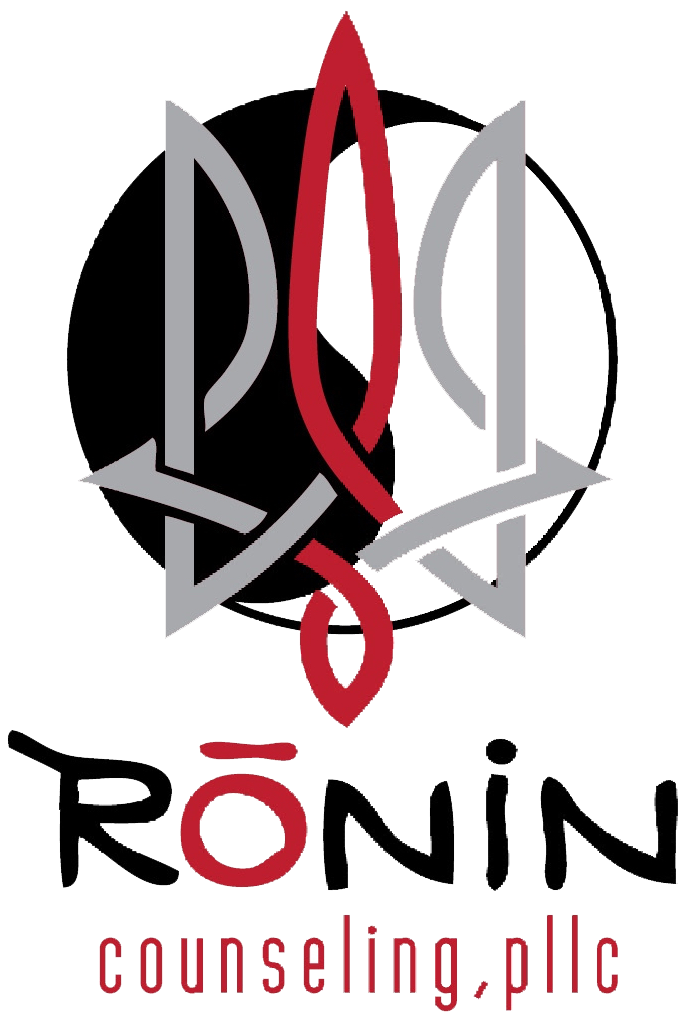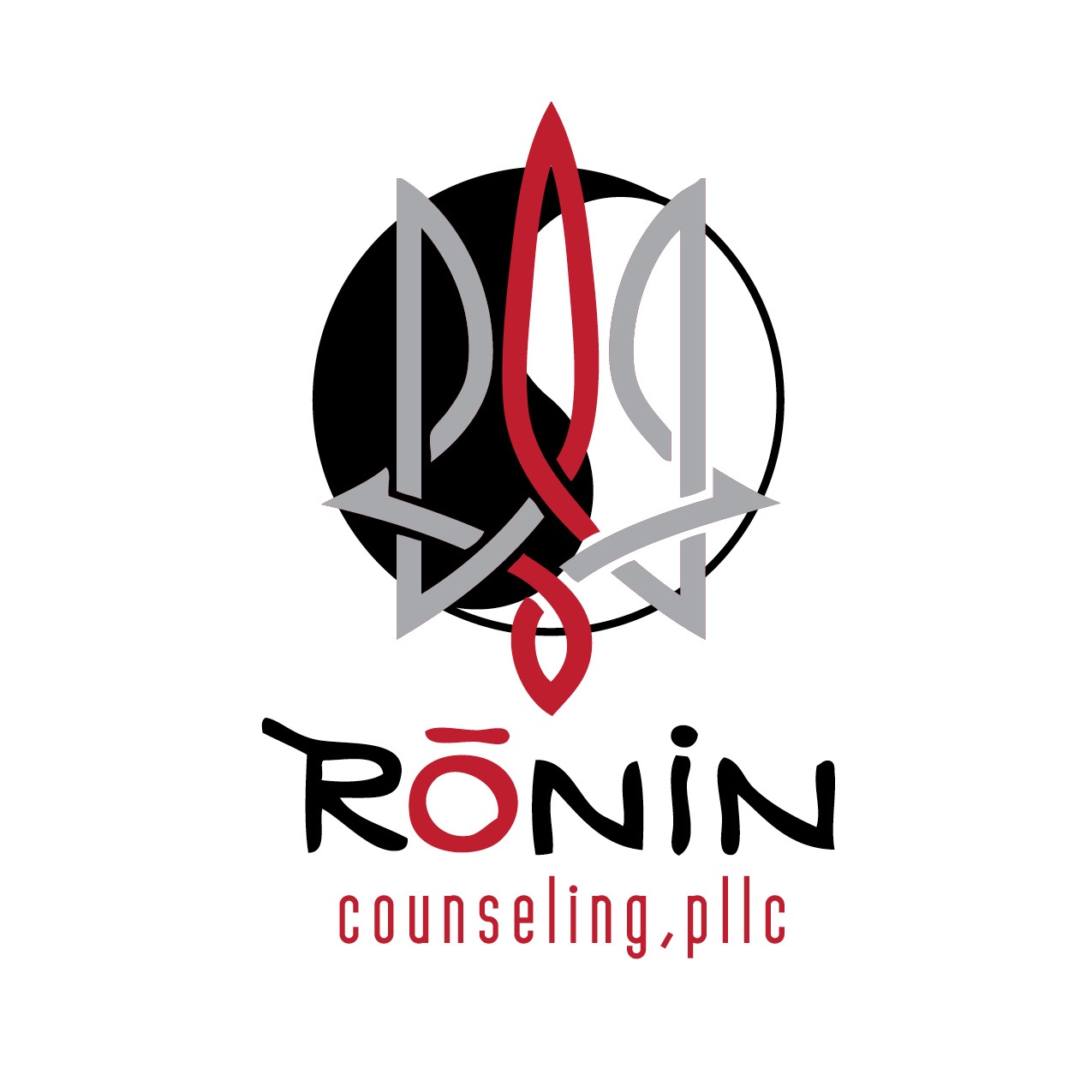A Guide to Successful Interventions

If you have a friend or a loved one that is struggling with an addiction, then you know firsthand how helpless it can feel to watch them suffer. That’s why many loved ones decide to take action and have an intervention for their loved one.
Interventions can be very powerful and effective when they are handled correctly. In this blog post, I want to go over some important information you’ll need to conduct a successful intervention.
When Should an Intervention Be Used?
Typically, interventions are used when addicts cannot or will not help themselves from relapsing into dangerous or harmful behaviors. There are other interventions called crisis interventions that are used when an individual is experiencing an immediate harmful crisis, such as a suicide threat or attempt.
Do Interventions Work?
There isn’t a lot of data available regarding the efficacy of interventions, most likely because effectiveness is hard to define. What mental health experts do know is that addicts are more likely to seek treatment if they have undergone an intervention. This, however, does not mean their treatment will be effective. That is completely up to the individual and the work they are willing to put in.
Having said that, strong social support is beneficial in convincing an addict to WANT to get sober. So those friends and families that are likely to set up an intervention will also be likely to lend their support throughout treatment.
How to Find an Interventionist
It is not recommended that family members conduct an intervention by themselves. You will definitely want the assistance of a professional interventionist who can help you plan a safe and effective intervention. This person will facilitate open and constructive communication between everyone and prepare your group for potential outcomes.
To find a qualified interventionist, it’s a good idea to speak with someone at a local reputable rehabilitation center. You may also want to look in your area for a therapist that specializes in addiction.
If you live in the area and would like to speak with me about helping you and your loved ones plan an intervention, please get in touch with me.
SOURCES:
- https://www.psychologytoday.com/us/therapy-types/therapeutic-intervention
- https://www.psychologytoday.com/us/blog/when-your-adult-child-breaks-your-heart/201408/drug-and-alcohol-interventions-do-they-work
- https://blogs.psychcentral.com/sex/2014/06/intervention-getting-addicts-into-treatment/comment-page-1/

